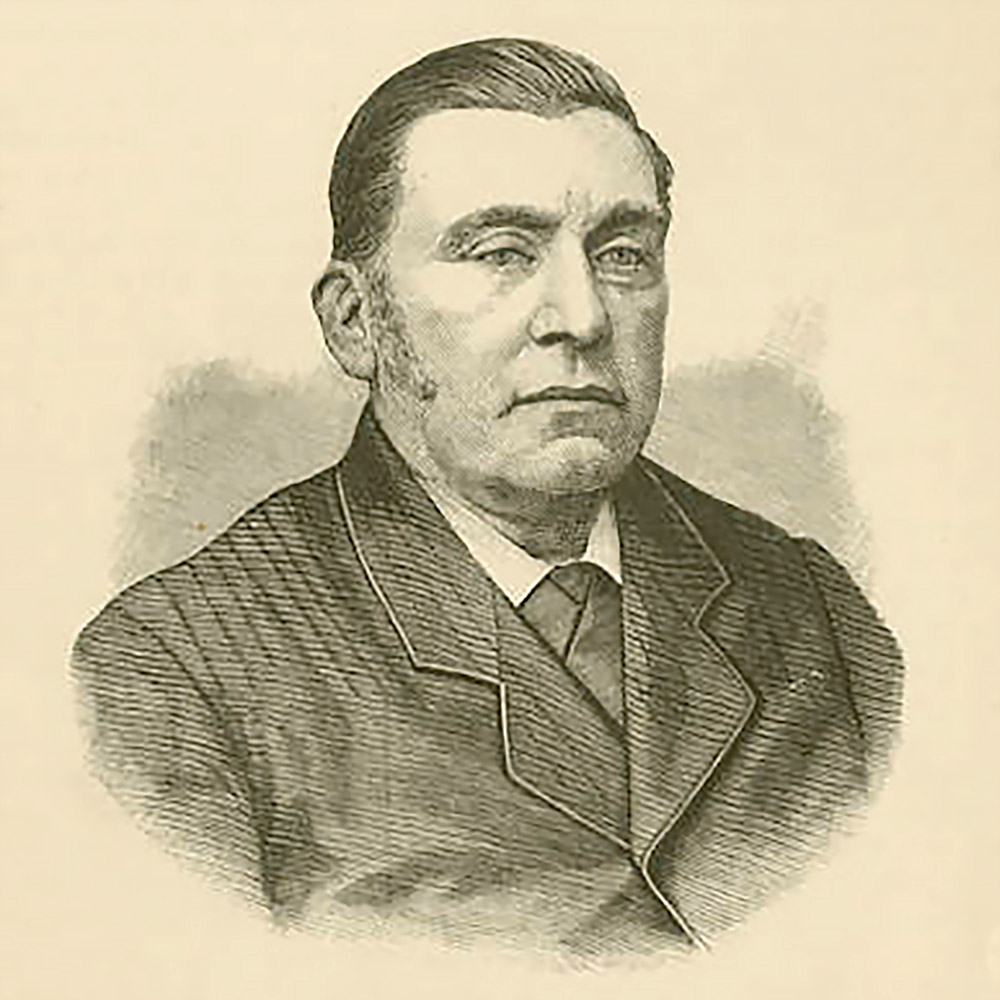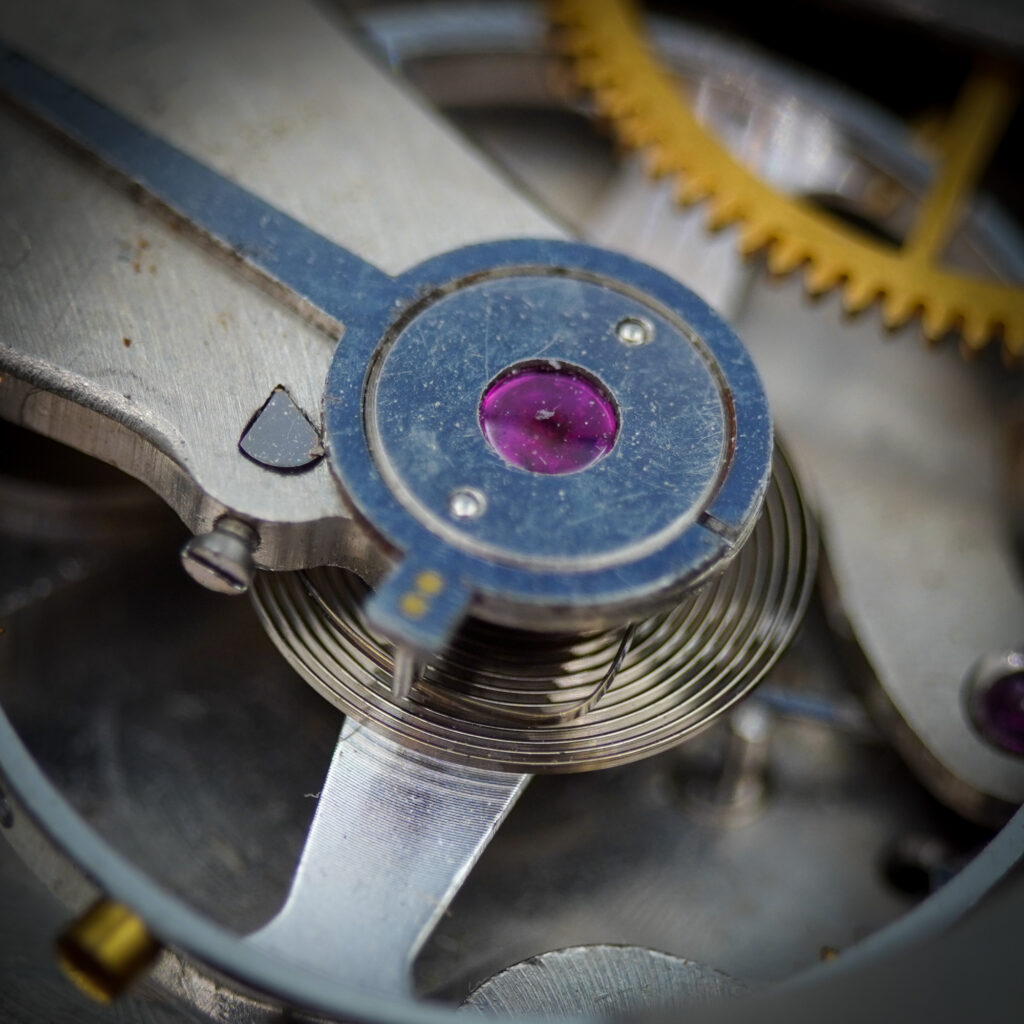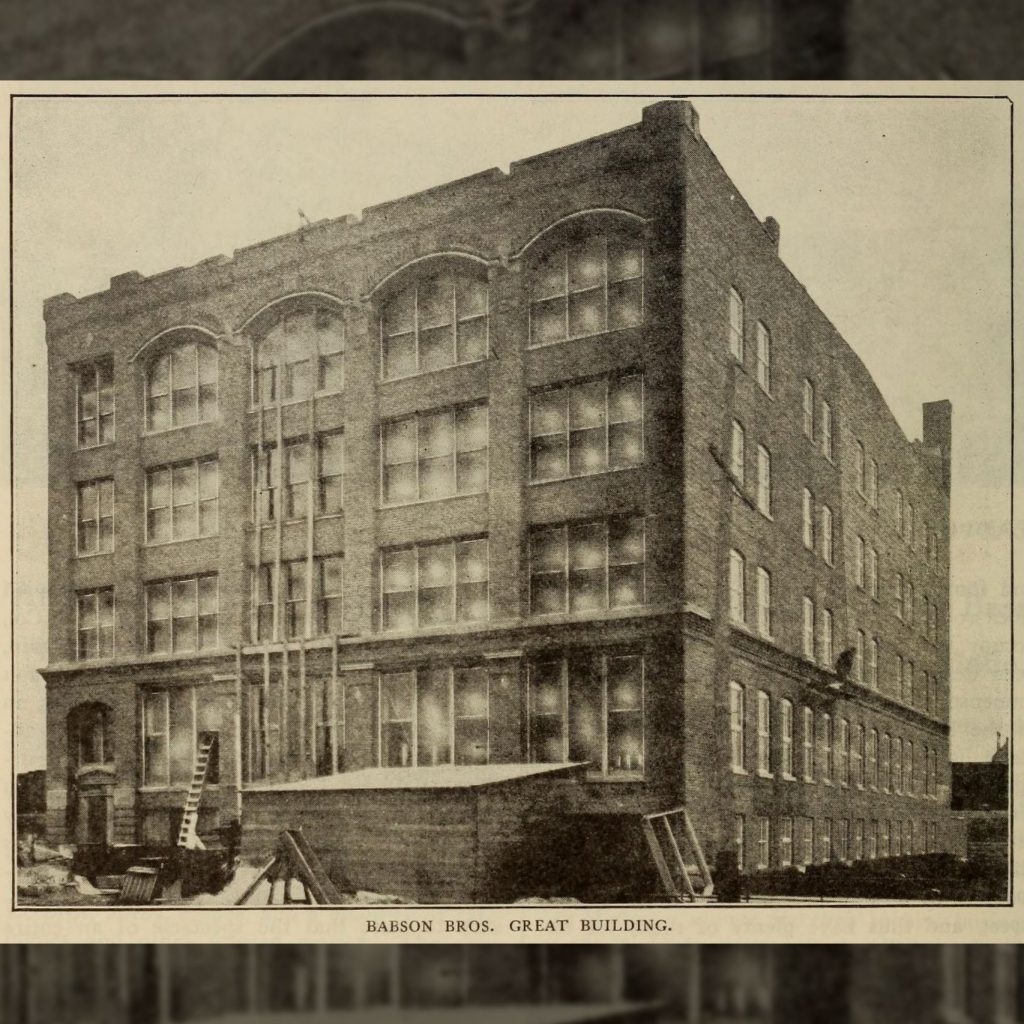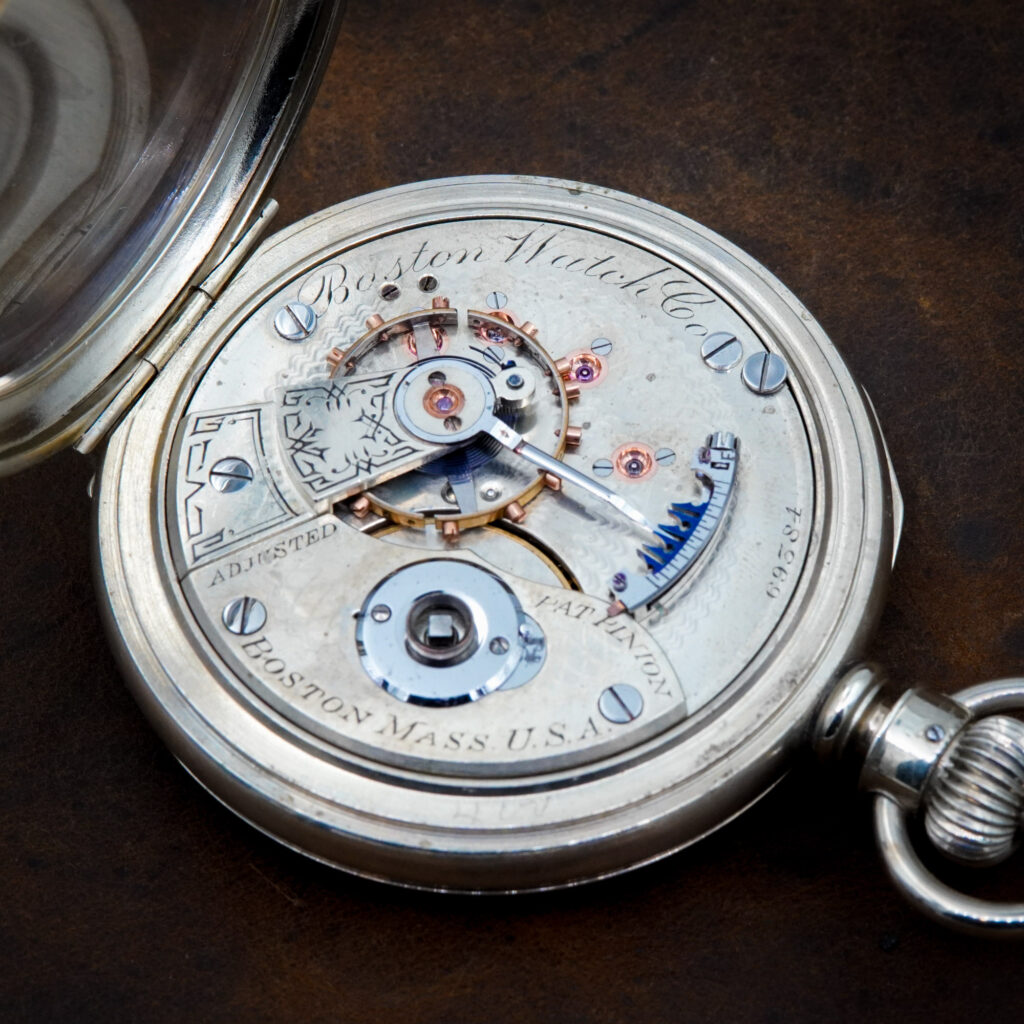Abraham Bitner: Inventor and Entrepreneur of Lancaster, Pennsylvania

From an early age, Abraham Bitner was involved in many business ventures around Lancaster, Pennsylvania, ultimately entangling him within the unstable depths of the American watch industry.
Born in Lancaster in 1836, Bitner developed an ambitious tenacity as a young child. By age thirteen, the determined teenager involved himself in the freighting business of Bitner & Brother, running railroad cars from Lancaster to Philadelphia.
Soon after, he became employed as a clerk in a flouring mill, where he also operated some of the machinery. In 1857, Abraham was lured back into the family business by taking charge of the Bitner & Brother operation.
However, this involvement did not last long. Bitner’s previous experience in the mill led to him to form a partnership, organizing Acheson & Bitner to produce flour and grains. The business was a success, and in 1857, Bitner used his investments to open a coal yard, where he built the first coal-chute in Lancaster on the Reading and Columbia Railroad.
Mr. Bitner was brilliant in growing businesses and then selling them for optimal profit. In 1872, he sold the coal yard and purchased real estate along the New Jersey coast. This development was pivotal in establishing the popular summer resort of Ocean Beach.
In 1874, Bitner was elected a director of the New Egypt and Farmingdale Railroad Company and subsequently obtained full control of the company by buying out the other stockholders. When construction of the railroad was completed, Bitner once again leveraged his business acumen and sold the operation to the Central Railroad Company of New Jersey.
In 1875, the Adams & Perry Watch Manufacturing Company enticed Bitner to invest a portion of his fortune into the new watch company. This proposition was attractive to Bitner, recognizing the unique growth opportunity provided by a watch factory.
When the company was reorganized as the Lancaster, Pa. Watch Company in 1877, Mr. Bitner accepted the position of general manager of the factory. It was at this time that he devoted himself to the watch trade entirely.
As general manager and superintendent of the young watch company, Bitner was able to revive the factory from impending failure. He found new ways to reduce costs and market the products effectively to the trade.
He is credited with at least six patents, including a safety pinion designed in collaboration with Charles S. Moseley, a paper watch dial, a stem setting and winding mechanism, a micrometric regulator, and the essential components for the iconic dust-proof movement manufactured under the Keystone name.
However, despite the effort to see the company succeed, lack of capital was a constant battle, and the company was forced to be reorganized multiple times. This repetitive disruption was enough to prevent the company from flourishing.
In May 1889, under new ownership, Mr. Bitner was relieved of his duties as superintendent after Bitner reportedly threatened to reveal scandalous financial activity if the company did not purchase $18,000 of stock held by him.
Shortly after, the factory again ran out of capital and was forced to close, much to the delight of Mr. Bitner who tried to purchase the factory at a deep discount. However, this attempt ultimately failed, and the factory was sold to a venture that became the Hamilton Watch Company.



